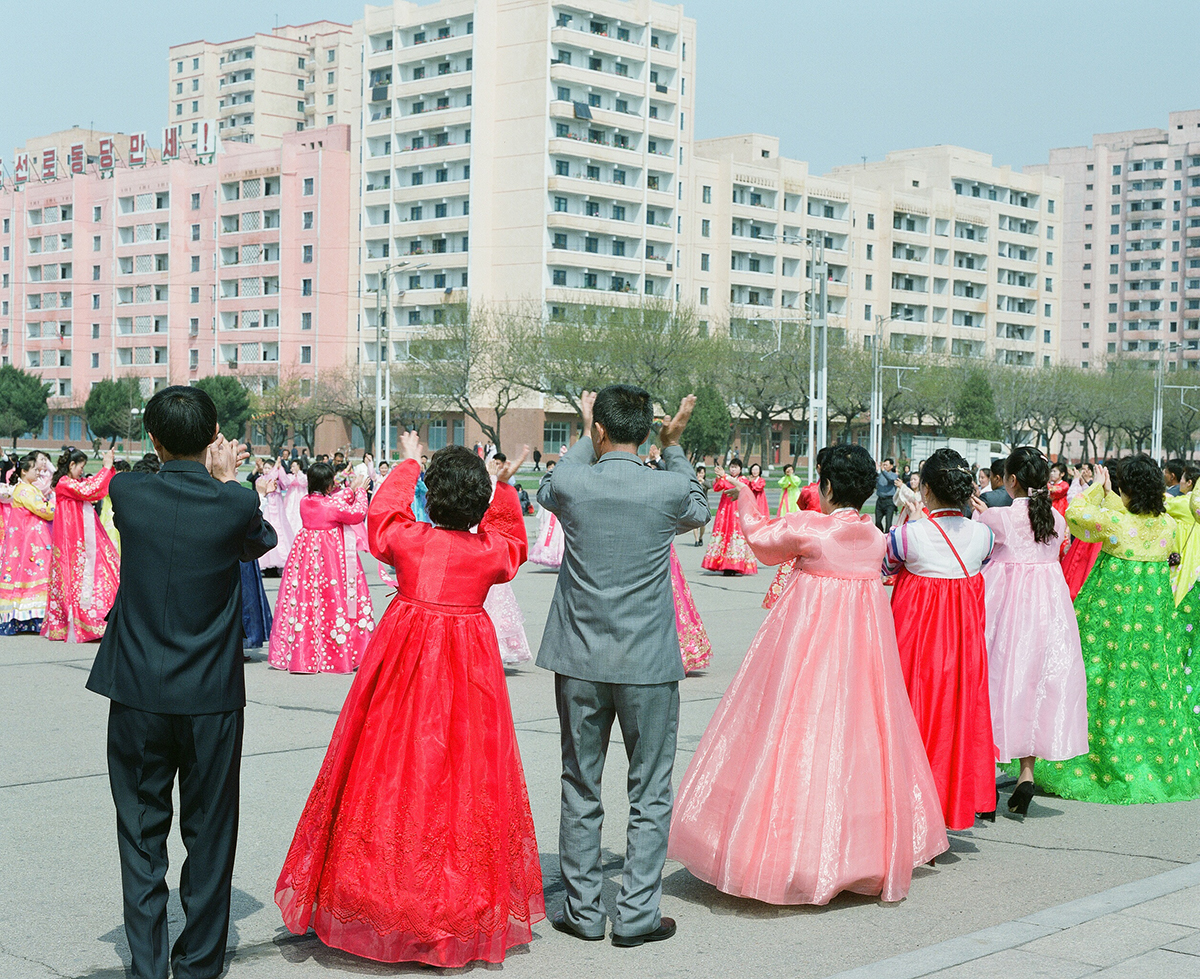This year, we are pleased to welcome our inaugural writer in residence, Marissa Chen. Marissa, who is based in Singapore, was appointed in February and will be contributing an essay to each issue of Photography+ this year.
We caught up with her to learn more about how she’s finding the role and about her wider practice.
Tell us about yourself.
Although my professional life has its roots in publishing – I’ve done everything from fashion-week reviews to working as an editorial assistant to selling books at Foyles – it still feels odd to call myself a writer, as the journey hasn’t been linear at all! I was born and raised in Singapore, but spent nearly all of my twenties in London (where I did Birkbeck’s MA Creative Writing programme) and Tokyo (where I started pursuing photography in earnest). It was this period of my life that has shaped my practice into what it is today. I ultimately consider myself a narrative journalist who enjoys working with text and images.
What made you apply for the residency, and how are you enjoying it so far?
My education was very fiction-based – I’d still love to do a novel someday – but most of the writing I was producing at my jobs went along the lines of news or business journalism. This residency was a way of finding space between the two, and also an opportunity for me to write about photography as a photographer for the first time. I’d come across Photoworks when I was living in the UK, and was always struck by how readily accessible arts resources are to the public compared with where I’m from, and I’m really glad to be a part of that.
Could you tell us about your own work?
I’m a fairly new photographer, although in a way, it makes sense as a natural extension of a love for writing. I’ve always mucked about with a DSLR, but the idea of photography as a creative practice never occurred to me until 2016, when I was going through a low point in Japan and had temporarily lost the ability to articulate myself verbally. I wanted a project that kept me occupied in the long-term and required getting out into the world and interacting with strangers. I came across a short news story about ageing abalone divers – a community built on a vanishing thousand-year-old tradition – took a bus out to the coastal village where they lived, and went and knocked on doors until someone agreed to talk to me. I’ve been working on that story every summer for four years now, and I’m pretty sure it saved my life. I’m now a Women Photograph mentee for its 2020 cycle, as well as a member of the Native Agency, a collective of visual artists from under-represented regions.
What else are you working on?
Although my stories usually centre around individual lives and day-to-day experiences, I’m fascinated by the extent to which our choices, circumstances and even characters are intrinsically shaped by geopolitical structures and other forms of soft power. I’ve since made work about catkin pollution in Beijing and female deminers in Cambodia, and I have a project about North Korea that I’m really eager to return to.
However, since most of my projects are based abroad, Covid-19 has really thrown a spanner in the works. Thankfully, there have been tonnes of great virtual collaborations happening in the photographic community, and it’s pushing me to think outside the box. I’ve produced a couple of self-portraits for the @WPthejournal Instagram account, and am creating a diary of my family as we move into lockdown together.
Topically, documentary is where my interests are, but I think I still have a lot to learn, so I’m glad to have this time to experiment and to locate my voice.
Do you have any reading, writing or listening recommendations for us? What inspires your own practice?
Photography informs a lot of my writing, and vice versa, so I’m always happy when both worlds collide between the pages of a great book. The sound of Sally Mann’s voice in Hold Still made me go green with envy. The Photographer’s Playbook was designed as a compendium of prompts, but some entries, like Barbara Ess’s and Keith Carter’s, read like poetry. Leanne Shapton is another example of a visual artist who is also a gifted writer, and her memoir Swimming Studies is a brilliant meditation on the parallels between athleticism and creative practice.
Podcasts: Ben Smith’s A Small Voice has been a companion on all my photography projects, and I’m really enjoying Gem Fletcher’s The Messy Truth during lockdown.
Do you have any tips for aspiring writers?
All good writing comes out of great reading. There’s a reason why we fall harder in love with some books than others, and I encourage writers to sit with that feeling, especially when they get stuck on a project.
I also love a workshop environment. Criticism can be the scariest thing in the world, but in the hands of a trusted reader it becomes a real ‘practice’ – that is, checking the ego and sharpening your stuff until it’s in the best shape it can possibly be.
Last, don’t undervalue your work! There’s an enormous amount of pressure on aspiring artists to work for ‘exposure’, but with arts funding on the decline globally and diversity in the creative sector lacking as it is, what this does is make it harder for those who can’t afford to work for free to get a foot in the door. (If you’re unsure of how to price your work, I’ve found that many established practitioners have been very willing to advise on this.) No great art was made in a vacuum, and we need to keep doors to the community open now more than ever.
Learn more
